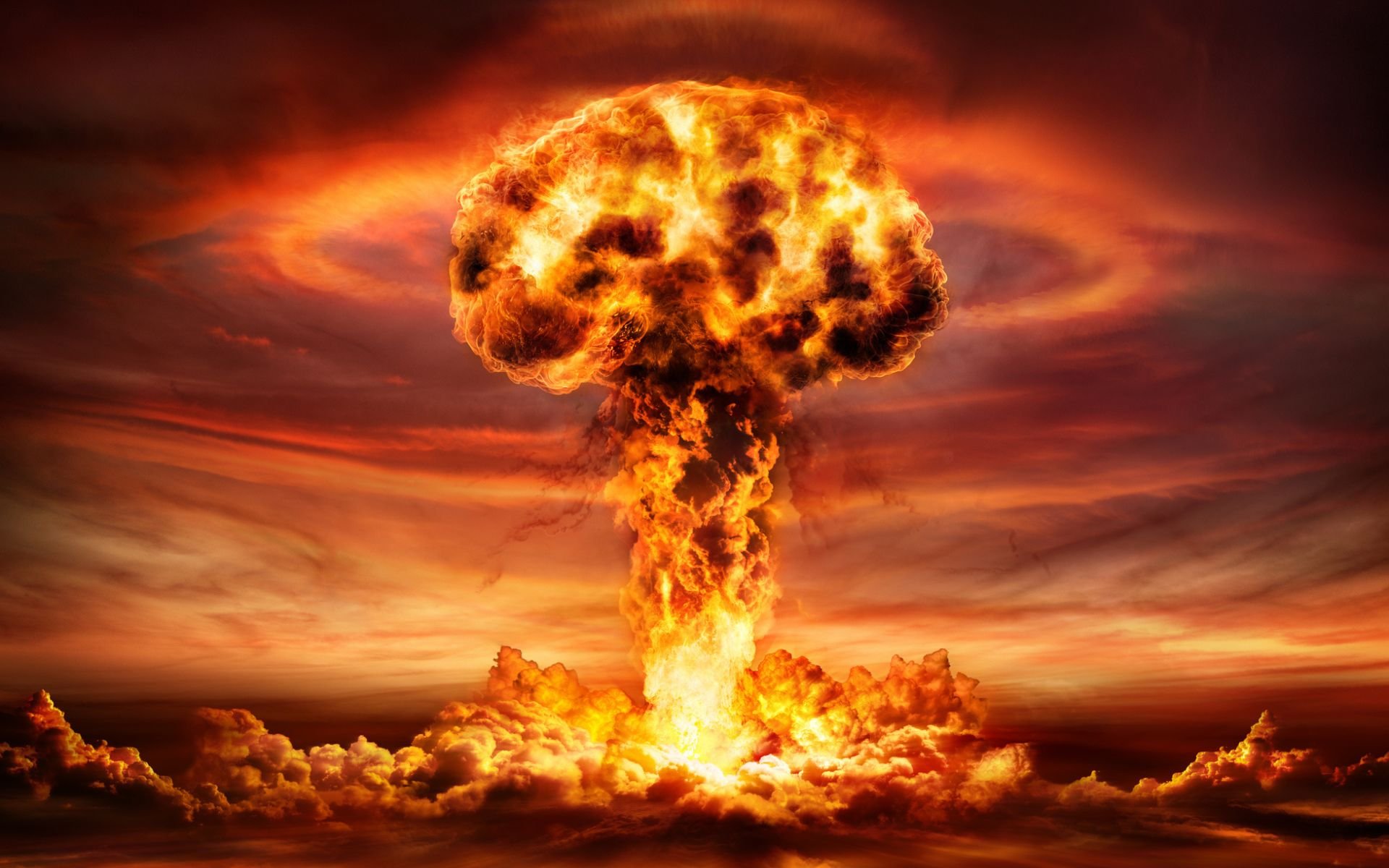A film was recently released detailing the most memorable moment in theoretical physicist Robert Oppenheimer’s life when he developed the atomic bomb during the Manhattan Project.
At that time, physicist Edward Teller explained that one of his biggest concerns about the bomb was its potential to kill all of humanity. One theory is that the bomb could set off an unstoppable chemical reaction that could burn Earth’s entire atmosphere.
In the film directed by Christopher Nolan, it is shown that Oppenheimer always had a flea behind his ear about the possibility Teller mentioned. After all, could an atomic bomb really burn the entire Earth’s atmosphere?
A new study published in the scientific journal Natural Sciences discusses this possibility, and researchers explain that the issue was brought to the agenda precisely because of the Oppenheimer film. In the articleScientists are debating whether, in theory, the Earth’s atmosphere could ignite after the start of a major nuclear war.
“Teller’s fear was that the process of detonation of a fission bomb might involve rapid local heating of the atmosphere, and that, due to the possible lack of cooling capacity, the temperature could rise so high that 14N nitrogen nuclei in the atmosphere could fuse with each other, or other components of light atmospheric isotopes such as hydrogen 1H, carbon 12C, or oxygen 16O” Other components are explained in the study.
Is Earth’s atmosphere on fire?
After many studies and hundreds of experiments, scientists discover reactions caused by atomic bomb will not trigger a ‘fire’ in Earth’s atmosphere and a worldwide catastrophe that will destroy all life on the planet.
However, they found that the explosion caused the production of the radioactive carbon isotope 14C, an element easily absorbed by plants through the carbon cycle.
When two bombs exploded in Japan, scientists were saying there was a relatively small increase in 14C on the planet. Like this, They explain that the big problem will not be the ‘burning’ of the atmosphere, as this would be an unlikely scenario, but rather the possibility of massive accumulations of 14C in nature.
“The increase in radiocarbon in our atmosphere is decreasing rapidly because this long-lived isotope of carbon is absorbed by plants through the carbon cycle. As a result, it becomes part of all biological material for thousands of years. This radiocarbon remains in our bodies and is the result of human arrogance leading to the development of nuclear weapons, which Oppenheimer wanted to warn about.” It serves as a permanent reminder.”
Did you like the content? Always keep up to date on the latest work in nuclear physics at TecMundo and take the opportunity to discover how nuclear war could lead to more serious climate impacts than scientists imagined.
Source: Tec Mundo
I’m Blaine Morgan, an experienced journalist and writer with over 8 years of experience in the tech industry. My expertise lies in writing about technology news and trends, covering everything from cutting-edge gadgets to emerging software developments. I’ve written for several leading publications including Gadget Onus where I am an author.













